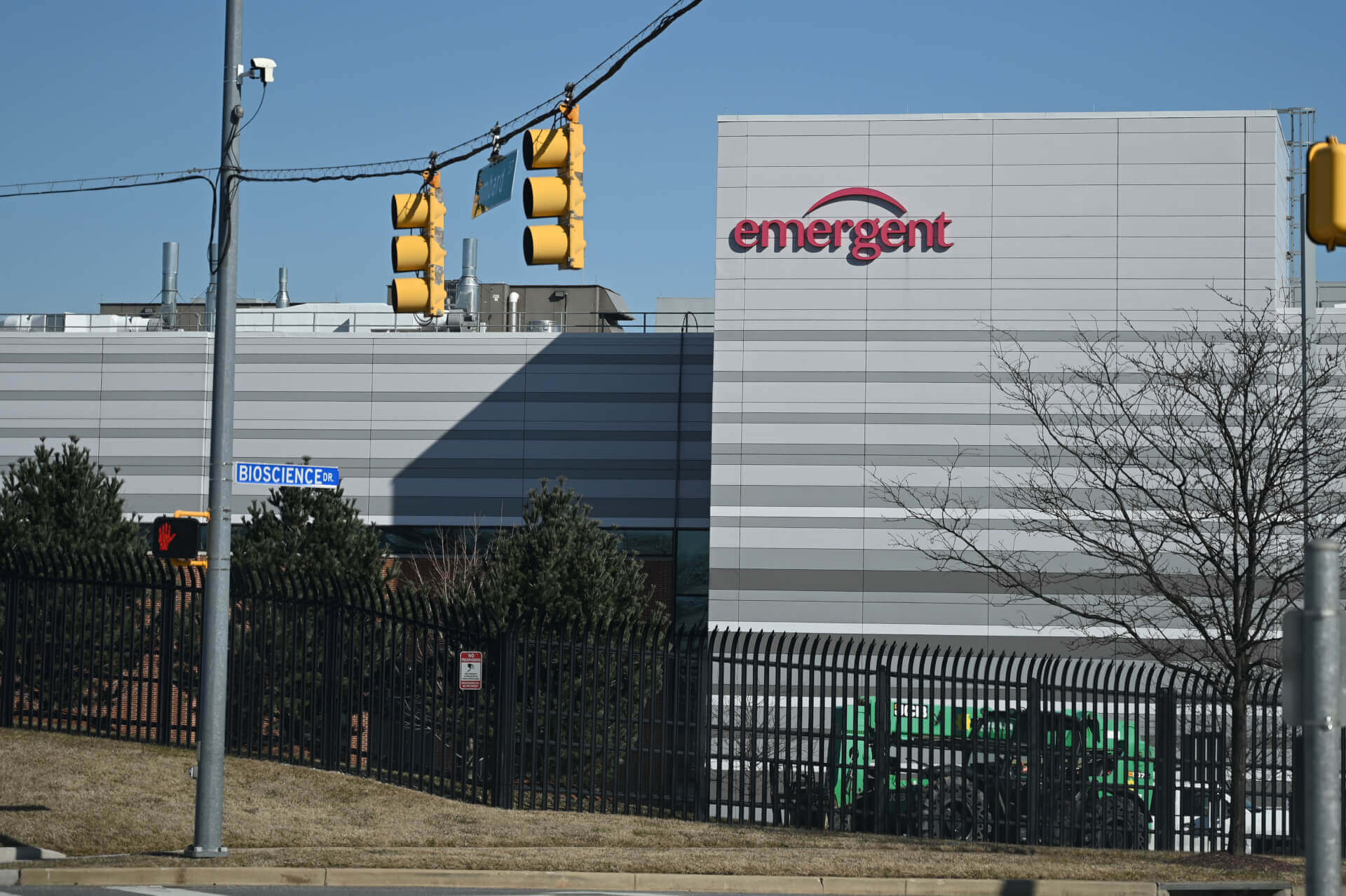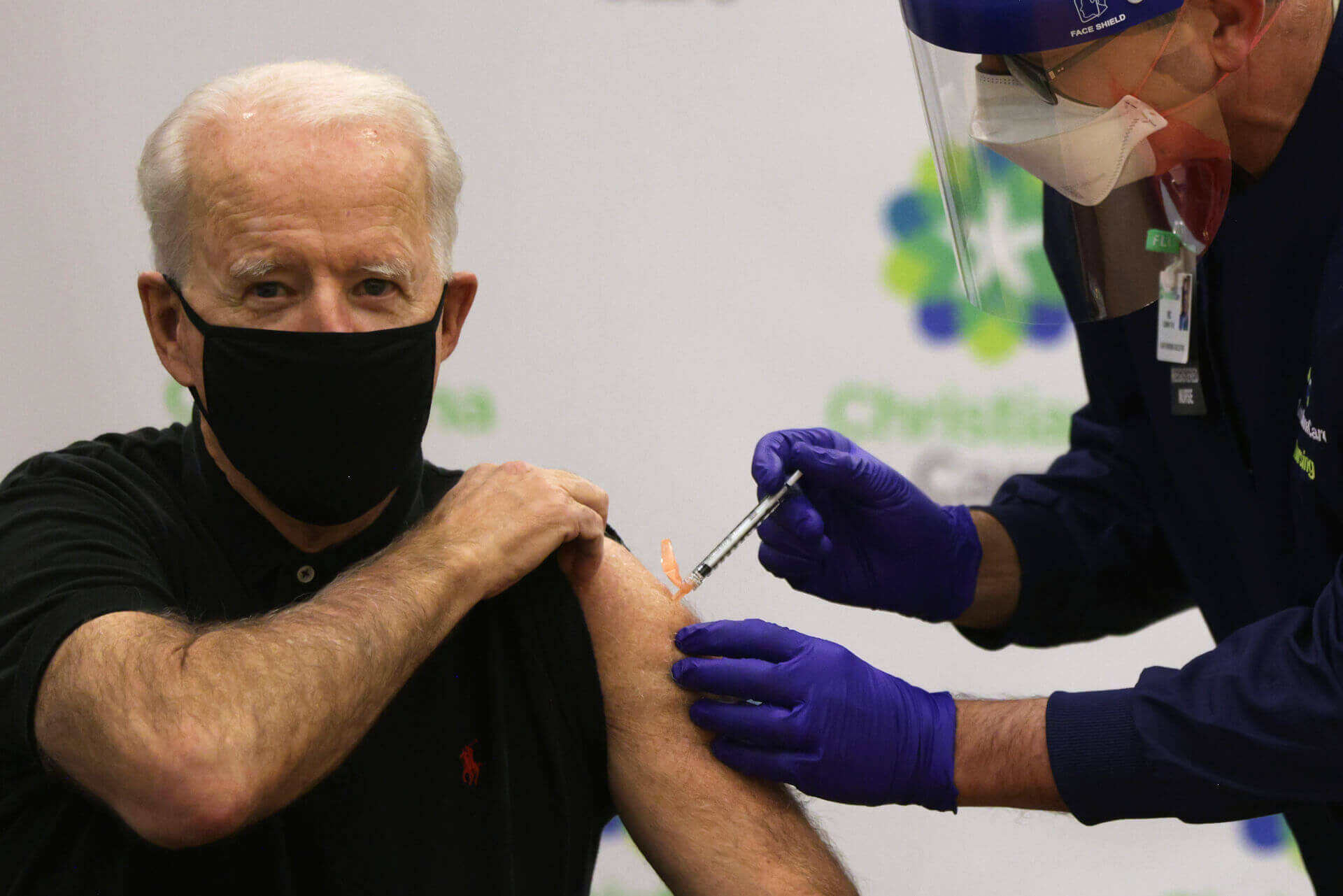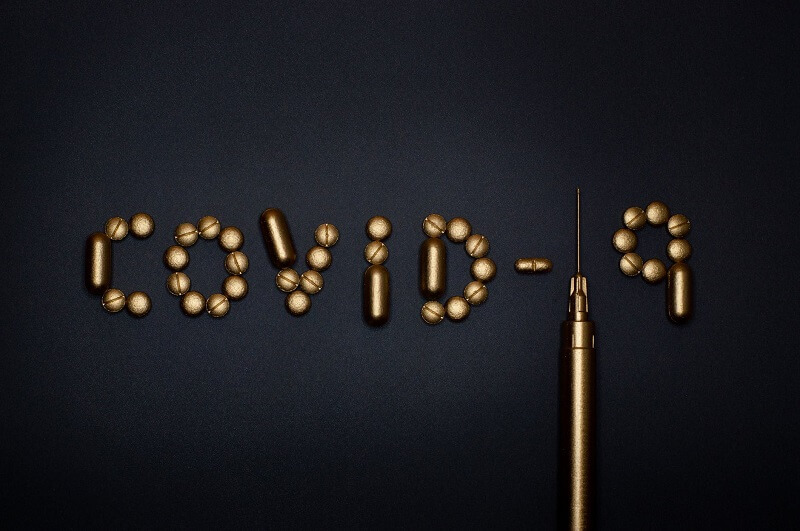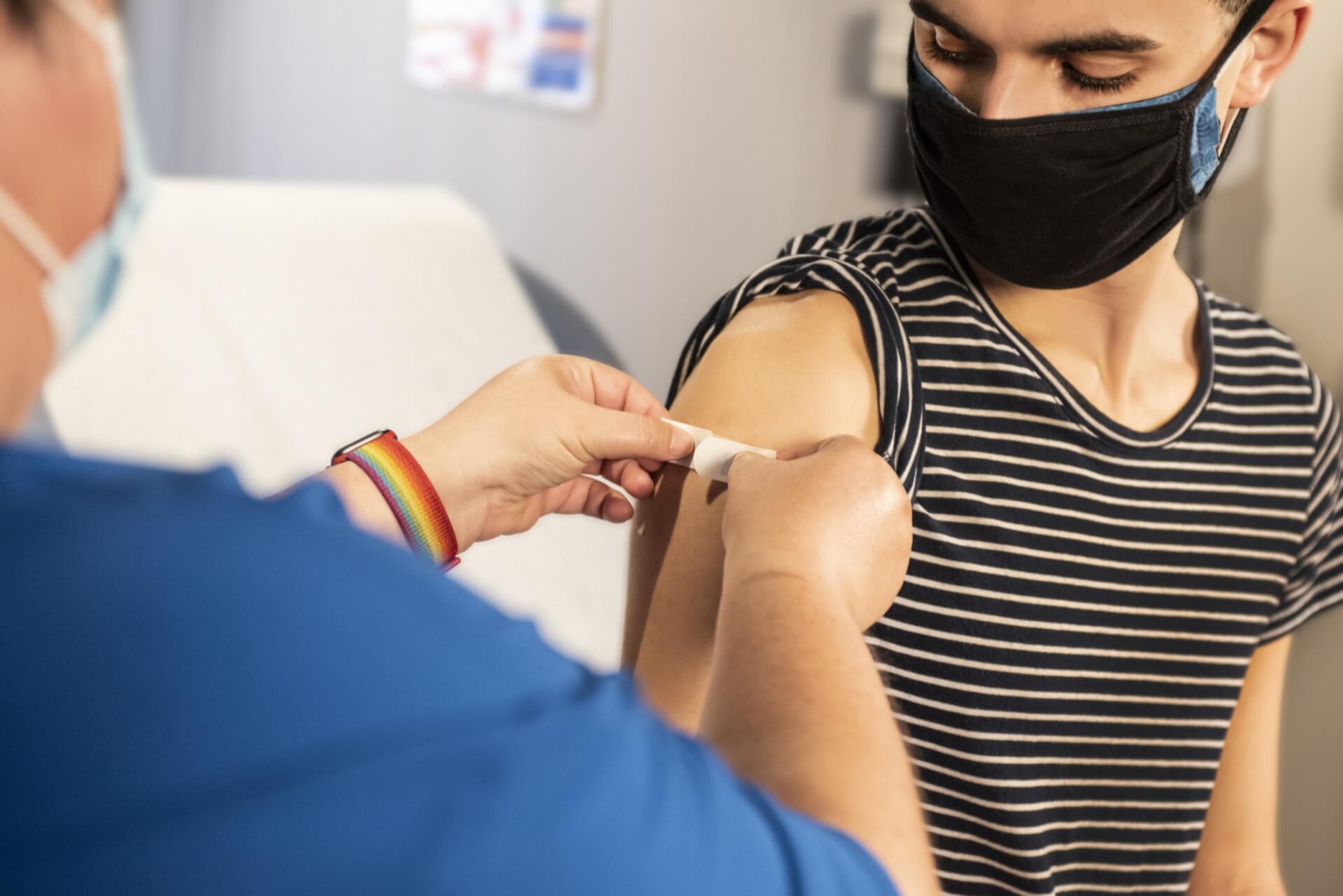Congressional Report: Baltimore Manufacturer Mishandled 400M COVID-19 Vaccine Doses

A congressional report released Tuesday found that poor manufacturing conditions at the Emergent BioSolutions Bayview facility in Baltimore led to the destruction of approximately 400 million doses of the COVID-19 vaccine between late 2020 and mid-2021 — 330 million because of poor quality control.
Another 60 million were left to expire. More than 130 million are currently being sequestered for testing.
The report said that Emergent BioSolutions’ employees were aware of the issues and removed quality-assurance “hold tags” indicating potential issues from batches of Johnson & Johnson vaccines prior to a February 2021 visit from the Food and Drug Administration.
The federal contract with Emergent BioSolutions was terminated in November 2021 under the Biden administration.
The company had been paid $330 million in taxpayer funding. The initial contract was for $628 million.
The report said some doses were used but it did not specify how many, nor did it specify how much taxpayer money was spent on doses that were not used.
In a statement issued Monday, Emergent BioSolutions took issue with the report’s allegation that 400 million vaccine doses were unusable and said that batches of drugs expire or must be discarded for a number of reasons.
“It is very difficult to estimate dose equivalents for batches that do not complete the manufacturing process or leave the facility to be turned into vaccine,” the statement on the company website reads. “To equate these quality control actions with a ‘discarded dose’ figure displays a lack of understanding regarding the biomanufacturing process.”
The manufacturer also disputed the allegation that it intentionally misled the government or any private companies.
In February 2021, pharmaceutical company Johnson & Johnson reported receiving a batch that was cross-contaminated with the AstraZeneca vaccine because employees were not properly decontaminating.
Additionally, emails from March 2021 showed that company executives strategized on how to avoid questions regarding the cross-contamination of Johnson & Johnson and AstraZeneca vaccines from the Department of Health and Human Services, according to the report.
An investigation by U.S. House committees was launched in April 2021 following reports of understaffing and quality control problems at the Emergent BioSolutions Bayview facility in Baltimore.
A subsequent report found that, though executives with the company had acknowledged manufacturing concerns, they still accepted millions of dollars in raises and bonuses after the vaccines were destroyed.
Emails included in the report documented that Sean Kirk, the then-executive vice president of manufacturing and technical operations at Emergent BioSolutions, acknowledged that he had warned senior executives that the company’s quality control systems were insufficient before entering into a $482 million contract to manufacture Johnson & Johnson and a $174 million contract to make AstraZeneca vaccines in July 2020.
According to the report, the Trump administration was aware of issues at Emergent BioSolutions’ Bayview manufacturing facility before it contracted with the company in May 2020.
Regardless, AstraZeneca and Johnson & Johnson were given the green light to manufacture vaccines at the Baltimore facility.
Audits performed by the drug companies between June 9 and 18, 2020, also found issues at Emergent BioSolutions’ Bayview plant.
AstraZeneca raised red flags regarding inadequate documentation, contamination control and computer systems, as well as lackluster manufacturing and cleaning practices.
Johnson & Johnson said that “the disinfectant program used in the facility,” “the Quality Management Review process” and “the site virus contamination control strategy” were inadequate.
But the companies accepted Emergent BioSolutions’ remediation plan. According to Tuesday’s report, the manufacture of the AstraZeneca vaccine began in July 2020 before all concerns were fixed.
Both the Food and Drug Administration and Johnson & Johnson found that Emergent BioSolutions still was not prepared to commercially manufacture COVID-19 vaccines that fall.
In November 2020, an independent pharmaceutical consultant to Emergent BioSolutions told Tammy Lucik, the Bayview’s site head of quality, that the Bayview facility was a “direct regulatory risk.”
“Ultimately Emergent will have to decide what level of risk they are willing to accept, but this is one of those where you really better listen to me and do exactly what I tell you to,” the consultant, who is not named in the congressional report, wrote.
According to Tuesday’s report, it is not clear that Emergent BioSolutions took any action related to that correspondence.
Regardless, Johnson & Johnson moved forward with manufacture that November. During the same time period, seven batches of AstraZeneca vaccine produced by Emergent were halted or rejected due to contamination, the report says.
AstraZeneca sent its own team to the Bayview facility in November 2020, noting in a letter to the congressional committees that “poor cleaning was part of the root cause” of the persistent contamination. Trash piled so high at the facility that, per the report, an Emergent BioSolutions executive asked another executive at the company when it would be removed.
AstraZeneca continued to send its own staff to Emergent BioSolutions to assist through December 2020. During that month, Emergent BioSolutions had to destroy approximately 30 million doses of the Johnson & Johnson vaccine because of contamination and equipment failure. An additional 30 million were destroyed between March and April 2021.
According to the report, Emergent BioSolutions’s Bayview facility is currently undergoing a “maintenance shutdown period” and plans to resume manufacturing services by August.
Emergent BioSolutions founder Fuad El-Hibri died in late April at his home in Potomac. El-Hibri, 64, had retired as the company’s executive chairman less than a month before his death, and various news reports noted that he had pancreatic cancer.
According to the New York Times, El-Hibri cashed out shares and stock options worth $42 million in 2020.




 Creative Commons Attribution
Creative Commons Attribution